Differences and similarities between words
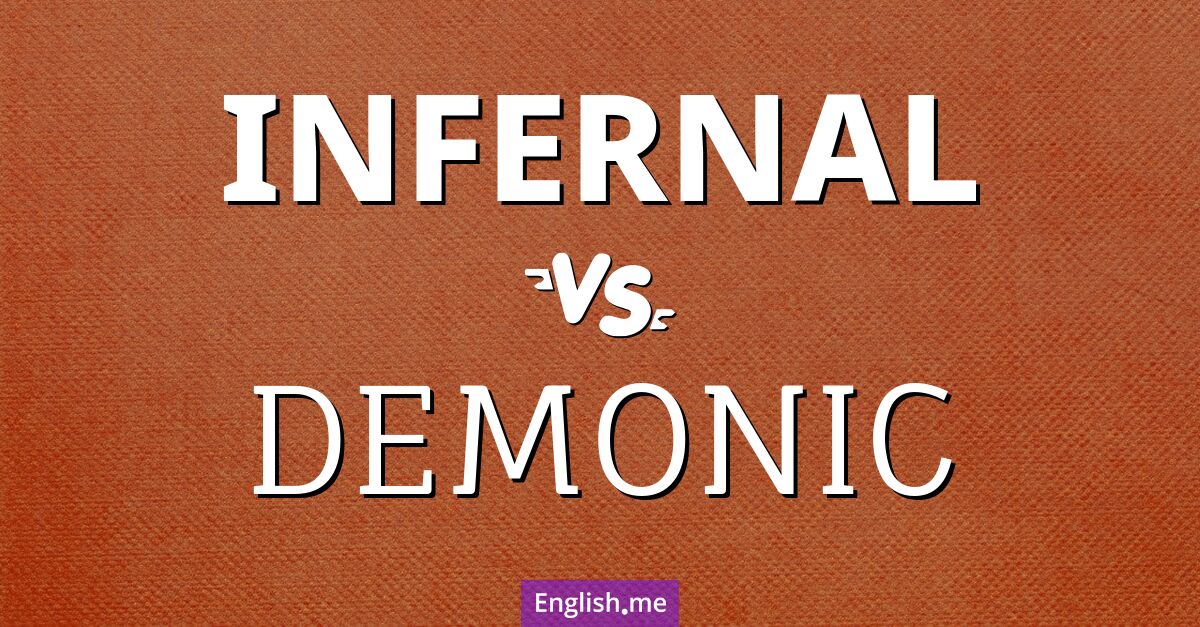
The fiery debate: "infernal" vs. "demonic"
Infernal is more focused on things relating to hell or ... Learn more →

Of roles and generosity: unpacking "benefactor" vs. "giver"
A "benefactor" typically provides significant help, often financial or philanthropic, ... Learn more →
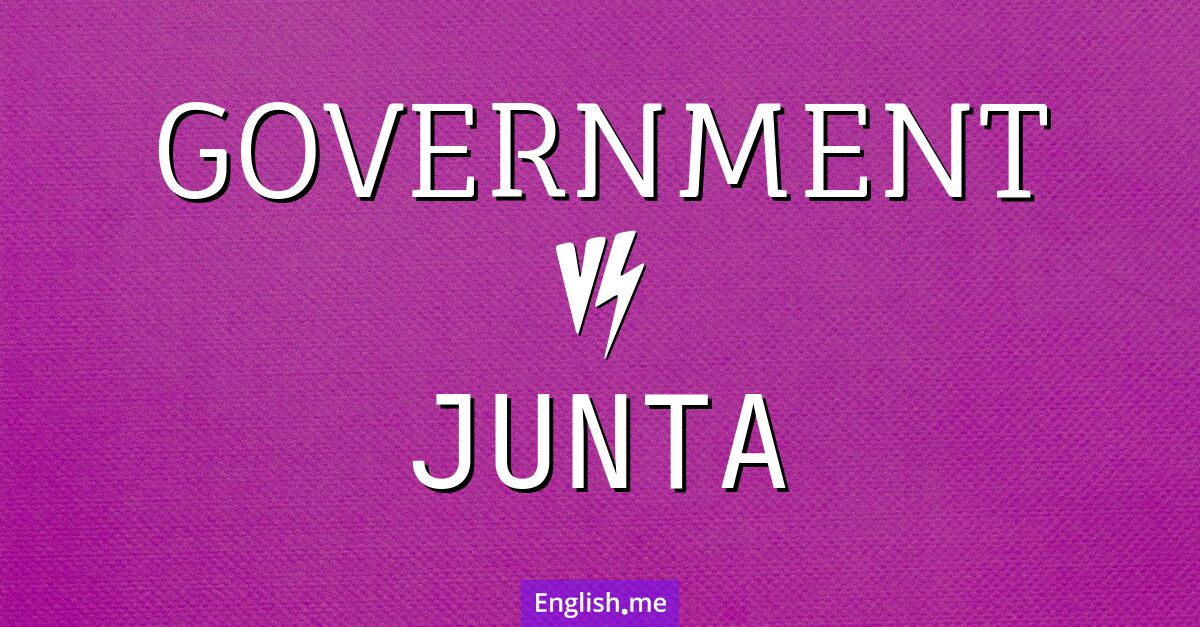
Contrasting power: "government" vs. "junta"
A "government" is a broad term for the system by ... Learn more →
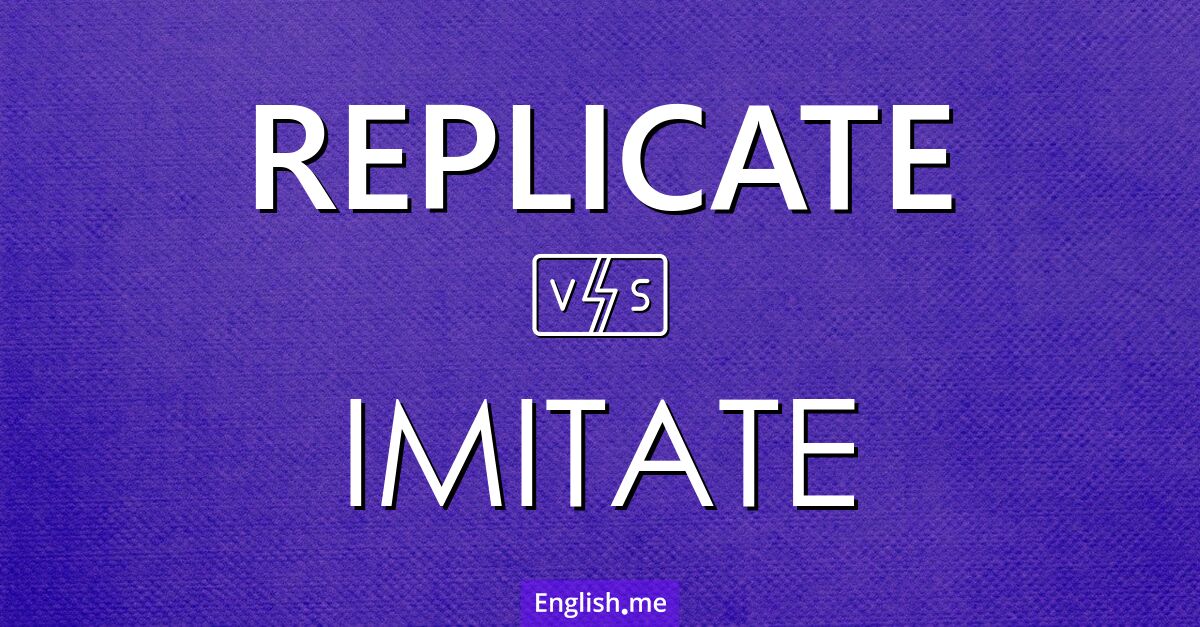
"Replicate" vs. "imitate": mirror images or different echoes?
Replicate implies creating an exact copy, often used in scientific ... Learn more →
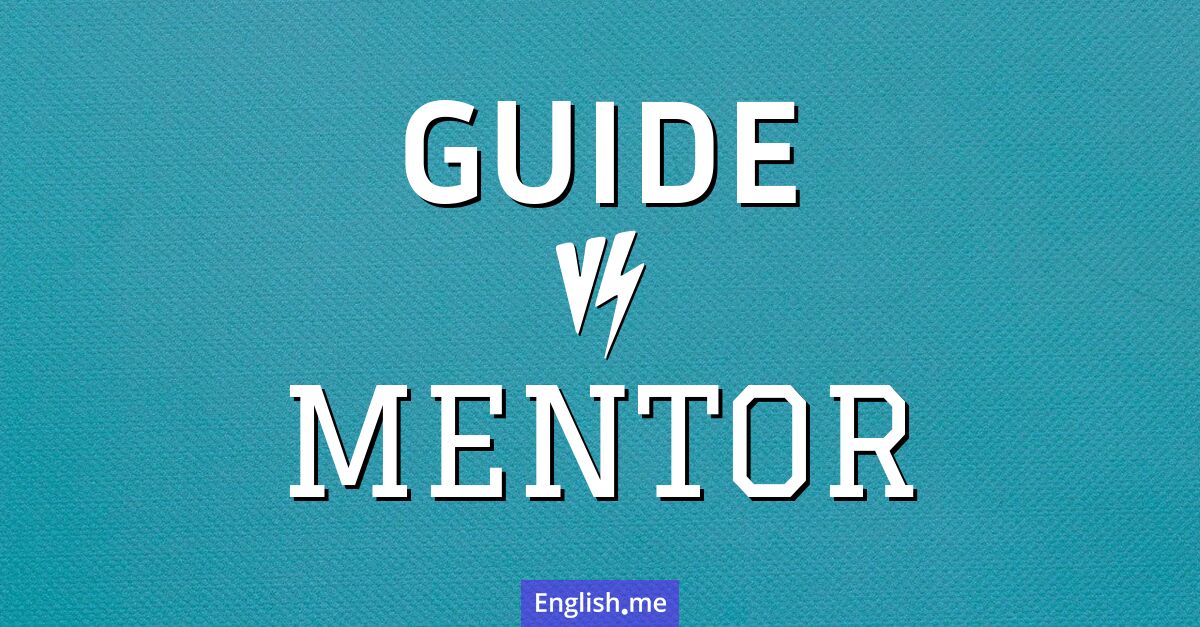
"Guide" vs. "mentor": navigating the nuances of support
A "guide" often provides directional or informational support in specific ... Learn more →
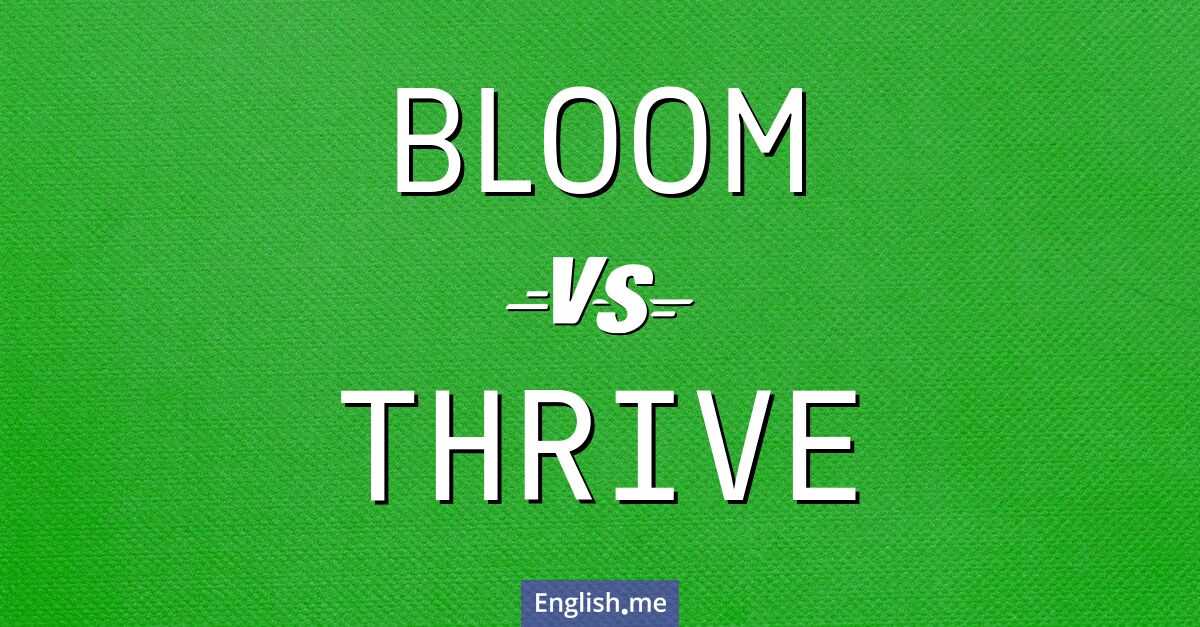
"Bloom" vs. "thrive": exploring growth in words
"Bloom" often pertains to flowers or plants and focuses on ... Learn more →
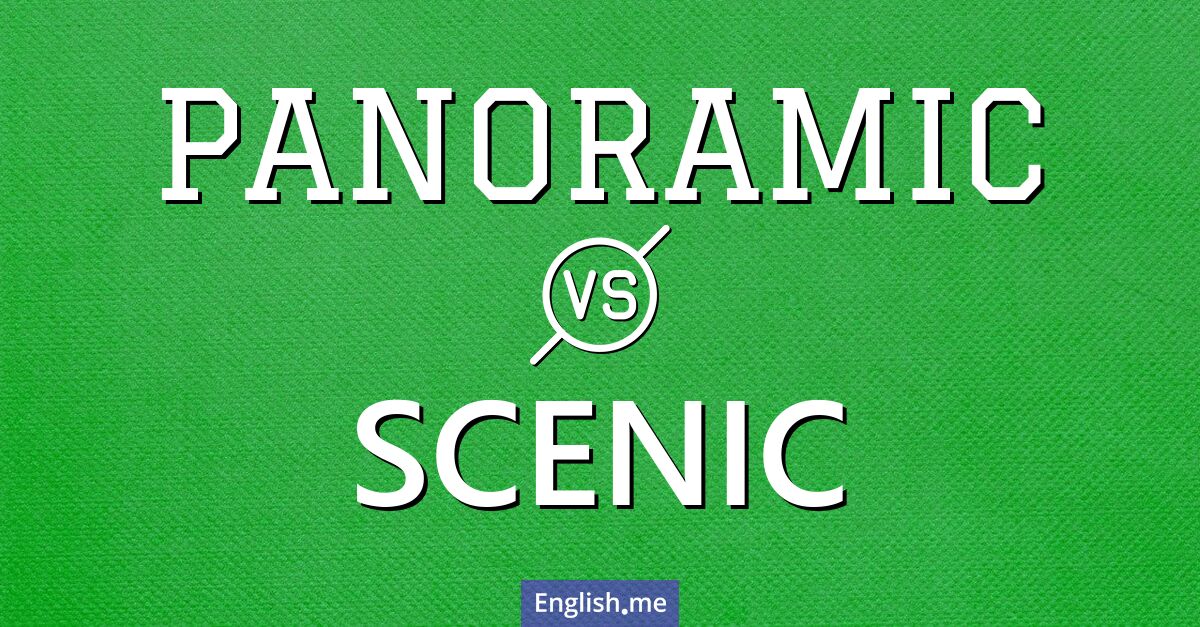
"Panoramic" vs. "scenic": a journey through words with a view
Panoramic implies wide, unbroken views often covering a large area, ... Learn more →
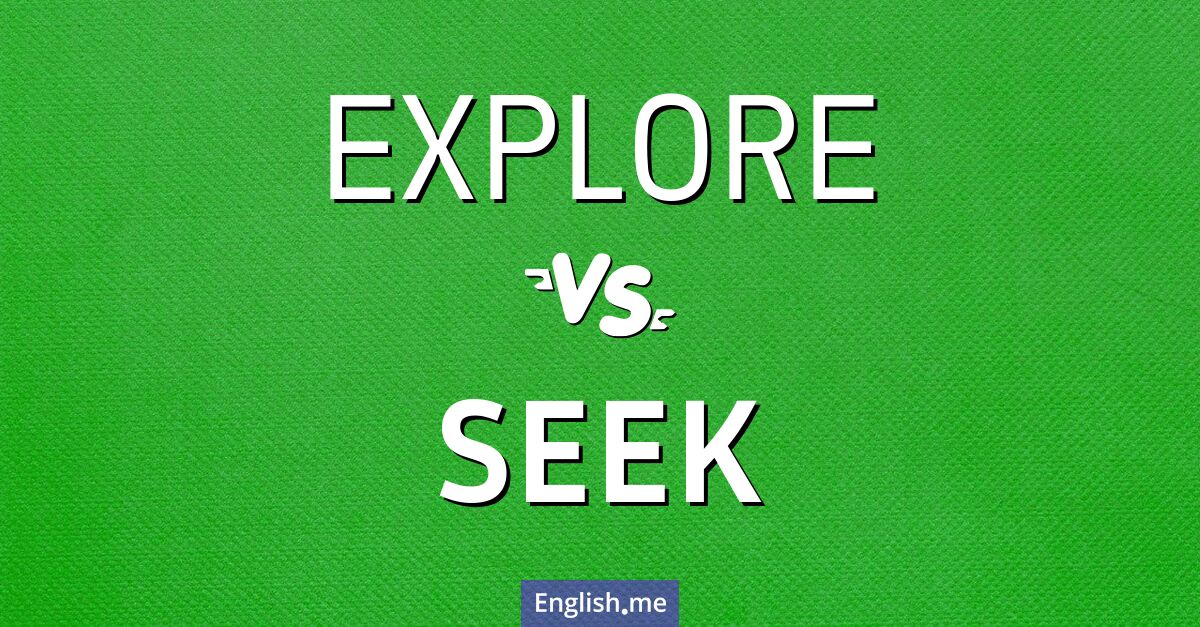
Venturing minds: dissecting "explore" and "seek"
"Explore" suggests investigation or examination in a broad or detailed ... Learn more →
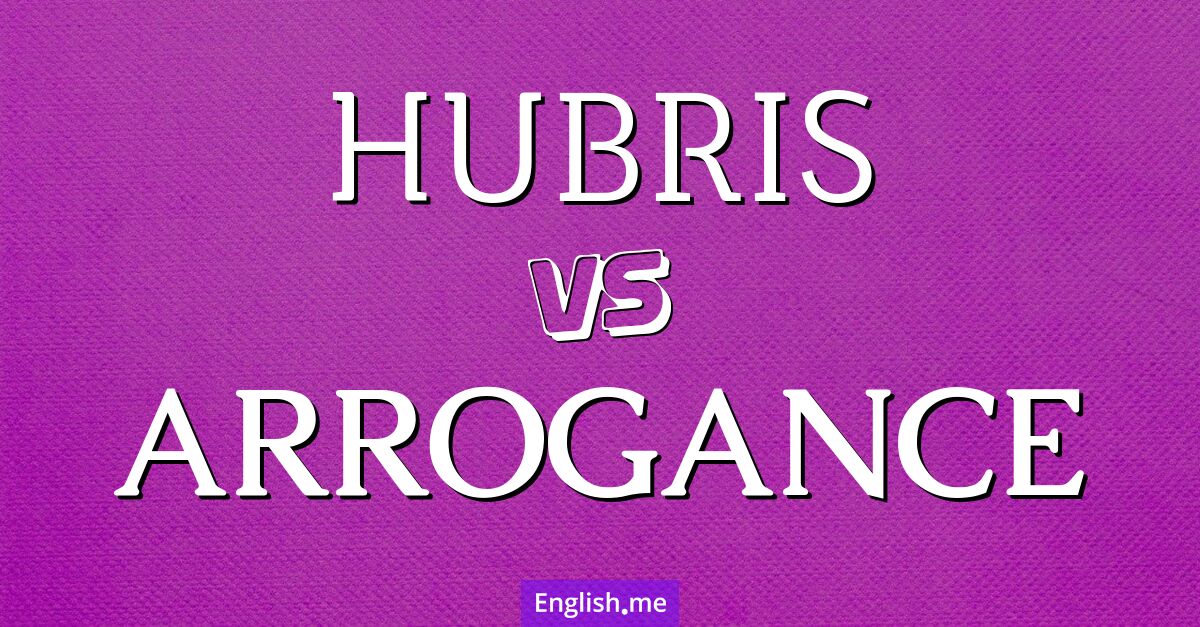
"Hubris" vs. "arrogance": a tale of two egos
"Hubris" often implies a sense of pride that leads to ... Learn more →

"Philanthropist" vs. "altruist": two paths of giving
A philanthropist often focuses on giving money and resources to ... Learn more →

 English
English español
español française
française italiano
italiano deutsche
deutsche 日本語
日本語 polski
polski česky
česky svenska
svenska Türkçe
Türkçe Nederlands
Nederlands